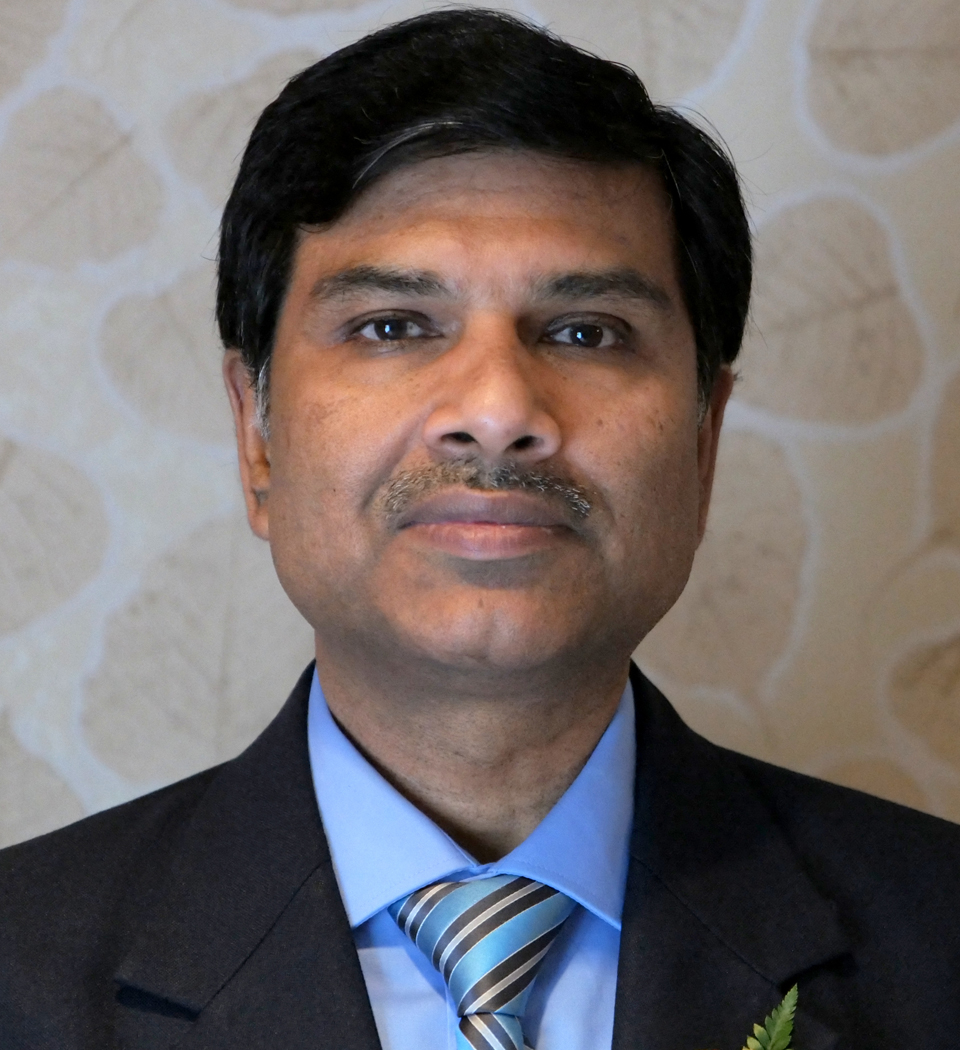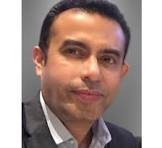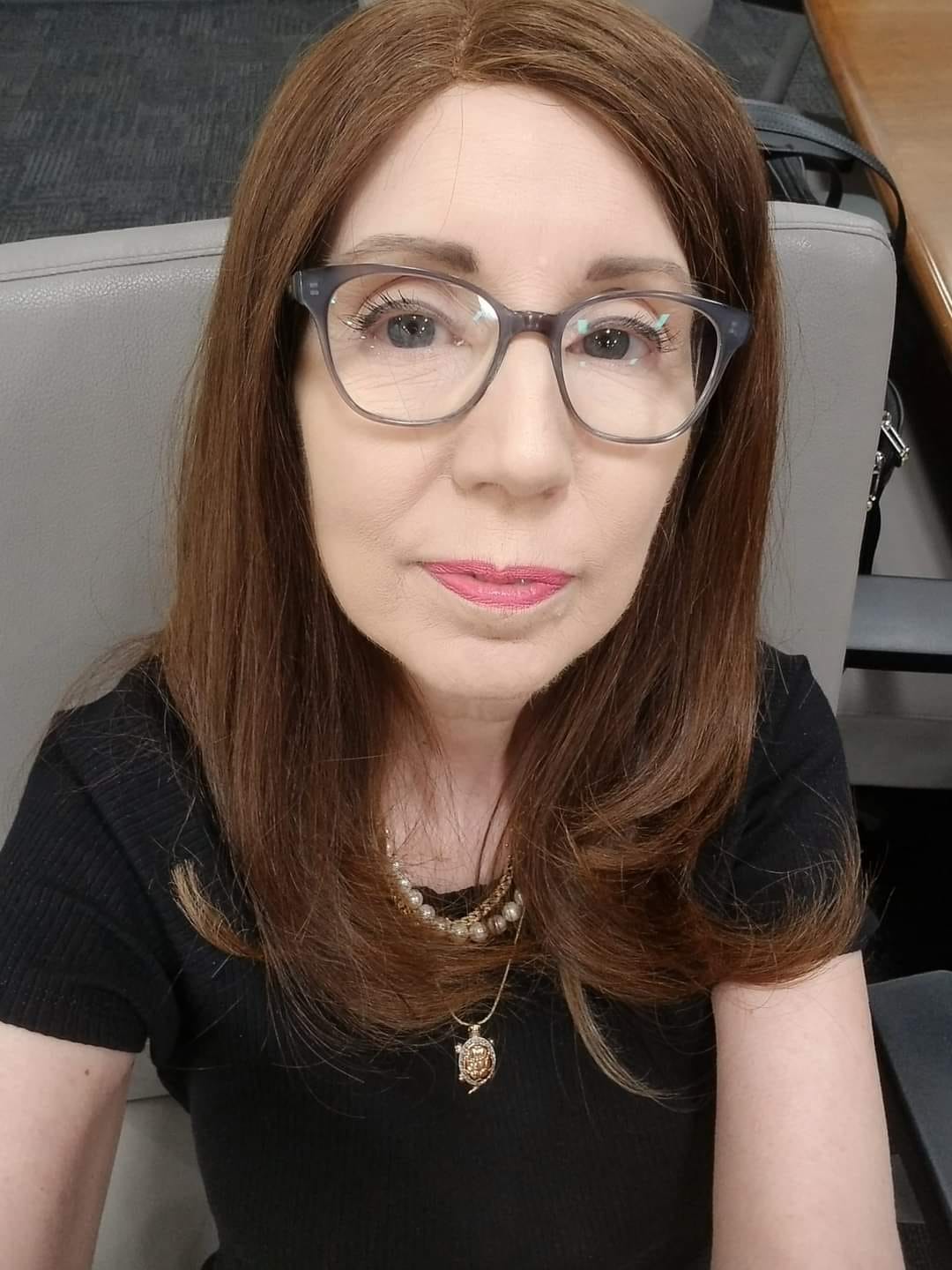Harnessing RF/Microwave and Antenna/Wireless Technologies: Pioneering Solutions for Humanitarian Engineering, Climate Change Mitigation, and Sustainable Energy Innovation.
#Antenna
#Wireless
#RADAR
#Sensors
#Global
#Warming
#Climatic
#Changes
#Geen
#Energy
The Humantrain Projects, supported by the IEEE North Jersey Section AP/MTT Chapter, IEEE AP-S SIGHT, and IEEE AP-S COPE, are initiatives to foster multidisciplinary technological innovation among students and early-career professionals. These projects provide financial support and structured mentorship to teams developing solutions that align with IEEE's mission of "advancing technology for humanity." Emphasis is placed on applications that incorporate state-of-the-art antenna and wireless technologies, including but not limited to artificial intelligence (AI), machine learning (ML), virtual reality (VR), and other emergent technologies. A particular focus is directed toward deploying high-speed wireless networks, which are critical for next-generation mobile communication systems. These systems aim to achieve enhanced data throughput, minimized latency, and robust connectivity. Interested IEEE AP-S Student Members and Faculty Advisors are encouraged to participate by forming project teams and submitting proposals via the designated Call for Proposals portal. All submitted projects must involve AP-S members, apply relevant antenna and propagation technologies, and address community-oriented challenges. Proposals should align with one of the four thematic pillars: Environment, Education and Outreach, Access and Abilities, or Human Services. Selected proposals will receive mentorship and financial support totaling up to USD 10,000.
The deadline for the submission of project proposals is May 1, 2025.
Date and Time
Location
Hosts
Registration
-
 Add Event to Calendar
Add Event to Calendar
If you are not a robot, please complete the ReCAPTCHA to display virtual attendance info.
-
Synergy Microwave Corporation
-
201 McLean Blvd.
-
Paterson, New Jersey
-
United States
07504
-
Building:
201

- Starts
10 April 2025 03:00 PM UTC
- Ends
22 April 2025 09:00 PM UTC
- No Admission Charge
Speakers
Dr. Ajay K. Poddar
Topic:
Transformative STEM Initiatives in Cutting-Edge Technologies for Humanitarian Engineering
Groundbreaking STEM initiatives in cutting-edge technologies are being implemented for humanitarian engineering projects, thanks to the support of the IEEE North Jersey Section AP/MTT Chapter, IEEE AP-S SIGHT, and IEEE AP-S COPE. These initiatives are designed to cultivate multidisciplinary technological innovation among students and early-career professionals who are eager to make a difference. By providing financial backing and structured mentorship, these programs empower teams to develop innovative solutions that resonate with IEEE's mission of "advancing technology for humanity." The initiatives place a strong emphasis on applications that leverage state-of-the-art antenna and wireless technologies, as well as transformative technologies such as artificial intelligence (AI), machine learning (ML), virtual reality (VR), and other emerging fields that are reshaping the future. A particular focus is directed toward the deployment of high-speed wireless networks, which are essential for the next generation of mobile communication systems. These advanced systems aim to deliver dramatically improved data throughput, reduced latency, and robust connectivity, ultimately enhancing communication capabilities in various humanitarian contexts. Through these transformative projects, the IEEE community seeks not only to advance technology but also to create meaningful change that improves lives worldwide.
Biography:
 Ajay K. Poddar is an IEEE Fellow and a member of IEEE Eta Kappa Nu, recognized globally for his exceptional contributions to electrical engineering, electronics, and communications. He earned his undergraduate degree from the prestigious Indian Institute of Technology (IIT) Delhi, followed by a Doctorate (Dr.-Ing.) from the Technical University of Berlin, and a Post-Doctorate (Dr.-Ing. habil.) from Brandenburg Technical University Cottbus, Germany. As Chief Scientist at Synergy Microwave Corp. in New Jersey, USA, Dr. Poddar leads advanced research in signal generation and processing electronics, RF-MEMS, and metamaterial-based antennas, sensors, and electronics. His work supports various applications, including industrial, medical, and space technologies. Dr. Poddar is also profoundly engaged in academia. He is a visiting professor at the University of Oradea (Romania) and IIT Jammu (India), and a guest lecturer at the Technical University of Munich (Germany), actively sharing his expertise with students and researchers worldwide. Earlier in his career, Dr. Poddar served as a Senior Scientist with India’s Defense Research and Development Organization (DRDO) under the Ministry of Defense from 1991 to 2001, during which he also held a visiting professorship at the University of Pune. Dr. Poddar received numerous accolades reflecting his profound impact on science and engineering, to name a few recent awards: 2023 RCA Armstrong Medal for outstanding contributions to radio and wireless communications, 2018 IEEE MGA Innovation Award for exceptional volunteer service and humanitarian projects, 2015 IEEE IFCS Cady Award for advancements in frequency-controlled electronics and timing devices, 2015 IEEE Region 1 Award for scientific leadership and service, 2009 IEEE Region 1 Award for leadership in microwave systems research and development. Dr. Poddar has significantly shaped the scientific and engineering landscape with over 400 published papers, six technical books/chapters, and more than four dozen patents. He has mentored numerous Ph.D. students globally and served as editor for several technical journals, while actively contributing to scientific committees and professional societies. Dr. Poddar currently holds several key leadership roles in IEEE, including: Chair, IEEE AP-S Global Chapter Activity Committee; Vice Chair, IEEE AP-S COPE; Chair, IEEE North Jersey Section Awards & Nominations Committee; Member, IEEE MTT-S and AP-S SIGHT Committee. Under his leadership, over 200 IEEE chapters have been established worldwide, enhancing collaboration and community engagement. He is also actively involved in humanitarian initiatives through IEEE SIGHT, IEEE Smart Village, and projects addressing global challenges such as climate change
Ajay K. Poddar is an IEEE Fellow and a member of IEEE Eta Kappa Nu, recognized globally for his exceptional contributions to electrical engineering, electronics, and communications. He earned his undergraduate degree from the prestigious Indian Institute of Technology (IIT) Delhi, followed by a Doctorate (Dr.-Ing.) from the Technical University of Berlin, and a Post-Doctorate (Dr.-Ing. habil.) from Brandenburg Technical University Cottbus, Germany. As Chief Scientist at Synergy Microwave Corp. in New Jersey, USA, Dr. Poddar leads advanced research in signal generation and processing electronics, RF-MEMS, and metamaterial-based antennas, sensors, and electronics. His work supports various applications, including industrial, medical, and space technologies. Dr. Poddar is also profoundly engaged in academia. He is a visiting professor at the University of Oradea (Romania) and IIT Jammu (India), and a guest lecturer at the Technical University of Munich (Germany), actively sharing his expertise with students and researchers worldwide. Earlier in his career, Dr. Poddar served as a Senior Scientist with India’s Defense Research and Development Organization (DRDO) under the Ministry of Defense from 1991 to 2001, during which he also held a visiting professorship at the University of Pune. Dr. Poddar received numerous accolades reflecting his profound impact on science and engineering, to name a few recent awards: 2023 RCA Armstrong Medal for outstanding contributions to radio and wireless communications, 2018 IEEE MGA Innovation Award for exceptional volunteer service and humanitarian projects, 2015 IEEE IFCS Cady Award for advancements in frequency-controlled electronics and timing devices, 2015 IEEE Region 1 Award for scientific leadership and service, 2009 IEEE Region 1 Award for leadership in microwave systems research and development. Dr. Poddar has significantly shaped the scientific and engineering landscape with over 400 published papers, six technical books/chapters, and more than four dozen patents. He has mentored numerous Ph.D. students globally and served as editor for several technical journals, while actively contributing to scientific committees and professional societies. Dr. Poddar currently holds several key leadership roles in IEEE, including: Chair, IEEE AP-S Global Chapter Activity Committee; Vice Chair, IEEE AP-S COPE; Chair, IEEE North Jersey Section Awards & Nominations Committee; Member, IEEE MTT-S and AP-S SIGHT Committee. Under his leadership, over 200 IEEE chapters have been established worldwide, enhancing collaboration and community engagement. He is also actively involved in humanitarian initiatives through IEEE SIGHT, IEEE Smart Village, and projects addressing global challenges such as climate change
Email:
Address:New York, United States
Dr. Jawad Siddiqui of Royal Military College of Canada, Queens University
Topic:
Harnessing RF/Microwave and Antenna/Wireless Technologies for humanitarian applications
The Humantrain Projects, supported by the IEEE North Jersey Section AP/MTT Chapter, IEEE AP-S SIGHT, and IEEE AP-S COPE, aim to promote multidisciplinary technological innovation among students and early-career professionals. These initiatives provide financial support and structured mentorship to teams developing solutions that align with IEEE's mission of "advancing technology for humanity." The focus is on applications that utilize state-of-the-art antenna and wireless technologies, including but not limited to artificial intelligence (AI), machine learning (ML), virtual reality (VR), and other emerging technologies. A particular emphasis is placed on deploying high-speed wireless networks, which are essential for next-generation mobile communication systems. These systems strive to achieve enhanced data throughput, reduced latency, and robust connectivity
Biography:
 Jawad Yaseen Siddiqui has over two decades of extensive teaching and research experience in applied electromagnetics, RF and microwave circuits, antennas, and propagation. He has taught courses at several universities in Canada and India. Currently, he serves as a Senior Research Associate at the Royal Military College of Canada and is also an Adjunct Assistant Professor in the Electrical and Computer Engineering (ECE) Department at Queen's University. Previously, he was an Associate Professor at the Institute of Radio Physics and Electronics at the University of Calcutta in India. Additionally, he has held the position of Visiting Professor in the ECE Department at the University of Alberta in Edmonton. His experience includes working as a research associate at Queen’s University, as well as serving as a postdoctoral fellow and research assistant at the Royal Military College of Canada. Dr. Siddiqui has been actively involved in several research projects funded by the Department of National Defence (DND) and Defence Research and Development Canada (DRDC). He is currently the Chair of AP-S SIGHT, a standing committee of the IEEE Antennas and Propagation Society (AP-S), and has served on numerous other committees within the Society. Additionally, he was a member of the Meetings and Symposia Committee of the IEEE Microwave Theory and Technology Society (MTT-S) and served as the MTT-S representative on the IEEE Technical Activities Board (CPC) in 2021. He has received several accolades for his contributions and leadership in the field, including the 2022 Institution of Electronics and Telecommunication Engineers (IETE) S.N. Mitra Memorial Award and the 2015 IEEE AP-S Ulrich L. Rohde Humanitarian Technical Field Project Award for excellence in the humanitarian use of technology. Dr. Siddiqui is a Senior Member of IEEE and a member of IEEE Eta Kappa Nu (HKN). He has authored over 150 publications in peer-reviewed journals and conferences.
Jawad Yaseen Siddiqui has over two decades of extensive teaching and research experience in applied electromagnetics, RF and microwave circuits, antennas, and propagation. He has taught courses at several universities in Canada and India. Currently, he serves as a Senior Research Associate at the Royal Military College of Canada and is also an Adjunct Assistant Professor in the Electrical and Computer Engineering (ECE) Department at Queen's University. Previously, he was an Associate Professor at the Institute of Radio Physics and Electronics at the University of Calcutta in India. Additionally, he has held the position of Visiting Professor in the ECE Department at the University of Alberta in Edmonton. His experience includes working as a research associate at Queen’s University, as well as serving as a postdoctoral fellow and research assistant at the Royal Military College of Canada. Dr. Siddiqui has been actively involved in several research projects funded by the Department of National Defence (DND) and Defence Research and Development Canada (DRDC). He is currently the Chair of AP-S SIGHT, a standing committee of the IEEE Antennas and Propagation Society (AP-S), and has served on numerous other committees within the Society. Additionally, he was a member of the Meetings and Symposia Committee of the IEEE Microwave Theory and Technology Society (MTT-S) and served as the MTT-S representative on the IEEE Technical Activities Board (CPC) in 2021. He has received several accolades for his contributions and leadership in the field, including the 2022 Institution of Electronics and Telecommunication Engineers (IETE) S.N. Mitra Memorial Award and the 2015 IEEE AP-S Ulrich L. Rohde Humanitarian Technical Field Project Award for excellence in the humanitarian use of technology. Dr. Siddiqui is a Senior Member of IEEE and a member of IEEE Eta Kappa Nu (HKN). He has authored over 150 publications in peer-reviewed journals and conferences.
Email:
Address:Royal Military College of Canada, Queens University, , New York, United States
Katherine Grace August, PhD (Kit)
Topic:
Artificial Intelligence (AI), Machine Learning (ML), and Virtual Reality (VR):Reshape humanitarian Technology
Artificial Intelligence (AI), Machine Learning (ML), and Virtual Reality (VR) hold significant promise for transforming humanitarian technology. These advanced innovations can provide novel solutions to pressing global challenges, including disaster response, healthcare accessibility, education equity, and social justice. By leveraging these technologies, humanitarian efforts can become more data-driven and impactful.
For example, AI-powered drones, equipped with sophisticated sensors and algorithms, can enhance search and rescue operations during natural disasters, effectively reaching remote areas that traditional methods may struggle to access. Additionally, blockchain technology can establish a transparent, tamper-proof system for distributing aid, ensuring that resources reach those in need without the risks of corruption or inefficiency.
Furthermore, immersive VR experiences can transform education by offering interactive training simulations that prepare individuals for real-world scenarios, enabling them to develop critical skills for crisis situations. Collectively, these cutting-edge advancements have the potential to redefine the landscape of humanitarian aid, creating a more responsive and effective framework to meet the needs of vulnerable communities.ive framework to meet the needs of vulnerable communities.
Biography:
 Dr August is a biomedical, computer science, and communications engineer who is a Visiting Researcher at Stevens Institute of Technology. Formerly she was a Member of the Technical Staff at Bell Labs in Advanced Communications Technologies with 18 US patents, 50 international, 3618 Citations, active in human factors, accessibility, accommodation, rehabilitation, learning, language, hearing, speech technologies, virtual reality, search, signal processing, wireless, communication technologies, standards, and patents. Active in Humanitarian Technologies with several successful projects and programs, she volunteers on standards to improve the advancement of technology for humanity. She and her colleagues are currently involved in humanitarian initiatives, including advancing the ease of symbolic information for STEM education and careers, STEM and lifelong learning programs on AI/ML and cyber-physical systems, ‘Careers in Technology’ Webinars, Seminars, Live Events, and connecting the unconnected. Dr August was a Whitaker Scholar at ETH Zurich with research in multi-sensory experiences and brain imaging, augmented and virtual reality, and robotics. Dr August received her PhD in Biomedical Engineering at NJIT – HKN, Newark, NJ, her MS in Computer Science, MIS at Marist College, Poughkeepsie, NY, and BFA Communications Design at Parsons The New School for Design, New York, NY, and Paris, France. Dr August serves on the IEEE Standards Networked Control Board, formerly on the IEEE Humanitarian Technologies Board.
Dr August is a biomedical, computer science, and communications engineer who is a Visiting Researcher at Stevens Institute of Technology. Formerly she was a Member of the Technical Staff at Bell Labs in Advanced Communications Technologies with 18 US patents, 50 international, 3618 Citations, active in human factors, accessibility, accommodation, rehabilitation, learning, language, hearing, speech technologies, virtual reality, search, signal processing, wireless, communication technologies, standards, and patents. Active in Humanitarian Technologies with several successful projects and programs, she volunteers on standards to improve the advancement of technology for humanity. She and her colleagues are currently involved in humanitarian initiatives, including advancing the ease of symbolic information for STEM education and careers, STEM and lifelong learning programs on AI/ML and cyber-physical systems, ‘Careers in Technology’ Webinars, Seminars, Live Events, and connecting the unconnected. Dr August was a Whitaker Scholar at ETH Zurich with research in multi-sensory experiences and brain imaging, augmented and virtual reality, and robotics. Dr August received her PhD in Biomedical Engineering at NJIT – HKN, Newark, NJ, her MS in Computer Science, MIS at Marist College, Poughkeepsie, NY, and BFA Communications Design at Parsons The New School for Design, New York, NY, and Paris, France. Dr August serves on the IEEE Standards Networked Control Board, formerly on the IEEE Humanitarian Technologies Board.
Email:
Address:New York, United States
 Add Event to Calendar
Add Event to Calendar



